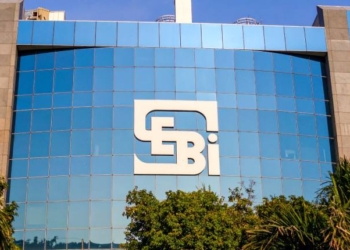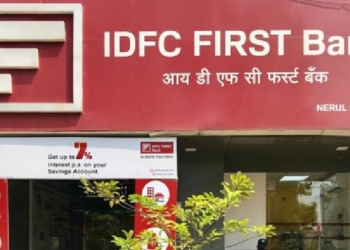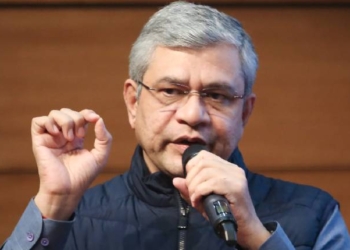New Delhi: Amid a legal battle and insolvency crisis, cash-strapped Go First is now at a turning point wherein the new management led by the National Company Law Tribunal (NCLT)-appointed-IRP (interim resolution professional) submitted a resolution plan on June 28 and for the first time, aviation watchdog Directorate General of Civil Aviation (DGCA) earlier this week had conducted an audit that can change the destiny of the low-cost airline.
A DGCA official said that the special audit was focused on safety-related aspects, compliance with requirements for holding an Air Operator Certificate, and the physical verification of arrangements made for the resumption of flight operations.
Indian low-cost carrier Go First, previously known as Go Air, temporarily ceased its operations on May 3, 2023.
The airline attributed its financial woes to alleged problems with engine supply from Pratt & Whitney, its manufacturer.
Following the three-day operational halt, the airline faced a series of challenges, including aircraft lessors seeking to reclaim their planes. However, the NCLT granted Go First immunity from repossession.
The sudden suspension of operations by Go First caught the industry off guard, as there were no visible signs of financial stress. The airline continued to fulfil its obligations by paying lessors and meeting all its EMI payments on time.
The DGCA has confirmed that it has received a resolution plan from Go First. However, the regulatory body will only grant the necessary approvals after assessing the revival of operations and facilities at the airline’s bases in New Delhi and Mumbai.
In a positive development, Go First recently received in-principle approval for Rs 425 crore in funding to facilitate the restart of its operations. The airline aims to resume operations with a fleet of 23 to 25 aircraft. But it seems that the troubles continue for Go First as on July 7, following the Delhi High Court’s decision to permit aircraft lessors to conduct inspections and maintenance on aircraft leased to Go First Airlines, the airline’s IRP has filed an appeal challenging the order.
Senior Advocate Sandeep Sethi on Friday requested an urgent listing of the matter before a division bench of the High Court comprising Chief Justice Satish Chandra Sharma and Justice Sanjeev Narula. The court has said that it will consider the case on Monday (July 10).
The High Court on July 5 had allowed aircraft lessors of cash-strapped Go First airline to inspect their aircraft at least twice a month and carry out maintenance.
The permission to carry out maintenance was allowed by Justice Tara Vitasta Ganju, who was hearing a bunch of applications filed by the lessors in the main petitions seeking to de-register their aircraft currently on lease with Go First, to avoid any further losses.
On May 26, aircraft lessors – Pembroke Aircraft Leasing 11 Ltd, SMBC Aviation Capital Ltd, Accipiter Investments Aircraft 2 Ltd and EOS Aviation 12 (Ireland) Ltd – had moved the High Court seeking de-registration of their planes by the DGCA to take them back from the airline.
During the hearing, the judge acknowledged how valuable and sophisticated the equipment of the lessors’ aircraft are, and required maintenance for their preservation.
The airline, its representatives, and the NCLT-appointed IRP were restricted by the court from removing, replacing or taking out any part or components, or records of the 30 aircraft without taking prior written approval from the lessor of the particular aeroplane.
While asking the respondents in the case, DGCA and IRP, to file their responses to the petitions within three weeks, Justice Ganju had also asked the aviation regulator to allow the lessors, their employees and agents to access the airport, where their aircraft are currently parked, and to inspect them within three days.
On lessors’ petitions seeking de-registration of their aircraft, the DGCA had told the high court that it was due to a technical glitch on its portal that the applications of several aircraft lessors were shown as ‘rejected’.
The DGCA had said it was not processing such requests after a moratorium on financial obligations and transfer of assets of the crisis-hit airline post insolvency resolution proceedings.
“Why is there a distinction? There are seven-eight petitions and each one of them has a different response. Why so?” Justice Ganju had asked the aviation regulator’s counsel Anjana Gosain as to why different responses were sent to different lessors on repossession requests.
Advocate Gosain had apprised the court that when lessors send deregistration requests to the regulator, it is done in five working days and that in this case, no application has been rejected.
“There was a glitch in the portal due to which it showed that the applications have been rejected,” she had said.
“They made the applications on the portal on May 4. Unfortunately, a glitch came. When they opened on May 12, it showed them to be rejected,” she had further submitted.
(IANS)















